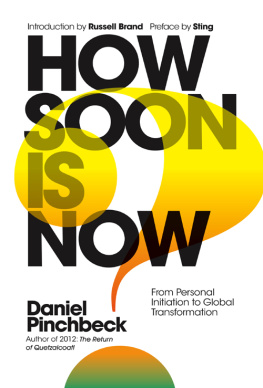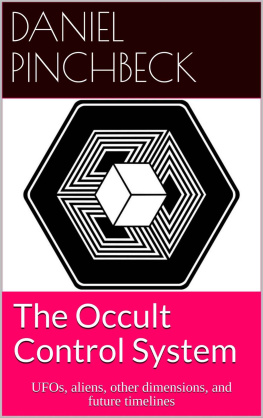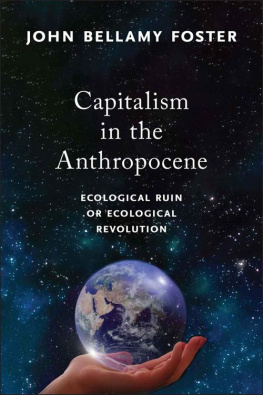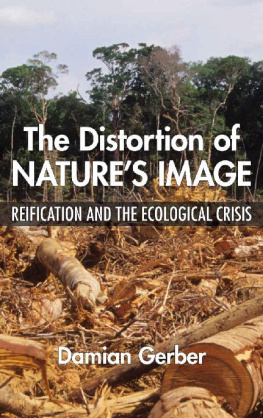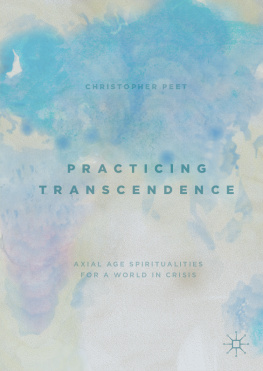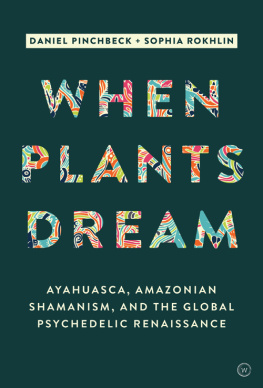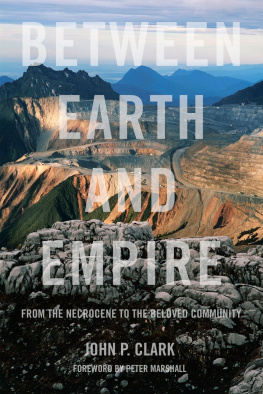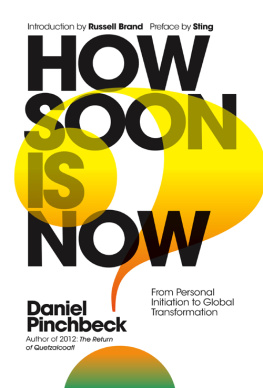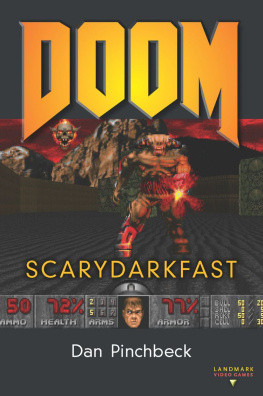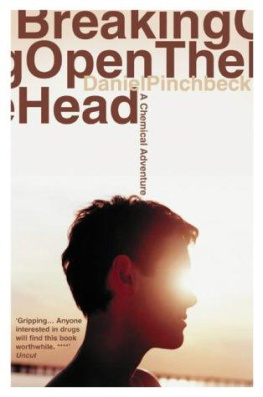Daniel Pinchbecks life is the heros journey. Like Homers Odyssey, How Soon Is Now? is a song of redemption for a world torn apart by the monsters of our own creation. Weve dreamed up a world that is consuming itself into extinction. Pinchbeck offers us a new dream, and in doing so takes us on a powerful, magical voyage into balance and sanity.
John Perkins author of Confessions of an Economic Hit Man
Daniel Pinchbeck has emerged as a rational and clear voice of hope for a new post-capitalist future, offering alternatives to hack democracy for a better society. His expert knowledge of shamanism and ancient cultures has given him a quantum perspective from which to approach our contemporary crisis. A powerful voice providing a new narrative for alternative social movements. Pinchbeck is a prophetic changeagent with a serious message of hope.
Jefferson Hack, CEO & Founder, Dazed and Confused
Not only is it sooner than you think, its also later than you think. Here we are, humanity, caught in the moment between devolution and conscious evolution by choice not chance. Daniel Pinchbecks new book takes us to this exact inflection point and reveals with remarkable clarity and brilliance that We Do Know What To Do in almost every field from spiritual to social to environmental, with innovations arising everywhere. He asks the Great Question: Then why are we not doing it? Lets all read it and say Yes to what we do know How to do. Lets form humanitys Burning Man team and light the fire of love in action together NOW!
Barbara Marx Hubbard, visionary, social innovator and chair of the Foundation for Conscious Evolution
How Soon Is Now? offers a spiritually driven approach to global economic and ecological crisis. This is the process through which humanity can bring itself back from the brink. With dangerous and admirable honesty, Pinchbeck tests his deepest-held assumptions and judges his life choices in a crucible of self-doubt. Its at once an initiation for himself, and an invitation for us to ask these same sorts of questions of ourselves as individuals and a society. Ive changed my mind about this guy, and am glad to call him my friend. Doug Rushkoff, writer, documentarian and lecturer
This provocative and honest book pushes the climate change conversation well beyond its usual edges. It conveys the enormity of the changes before us in politics, the economy, and technology of course, but also in our psychology and even our metaphysics. I recommend it to anyone who is trying to make sense of climate change within a bigger picture that includes the evolution of civilization and consciousness.
Charles Eisenstein, speaker and author of Sacred Economics
Provides deep insight into the essential issues of our time... could spark the revolution of consciousness that is the revolution not just of thinking, but of acting.
Ervin Laszlo, author and founder of The Club of Budapest
Also by Daniel Pinchbeck
Breaking Open the Head: A Psychedelic Journey into the Heart of Contemporary Shamanism
2012: The Return of Quetzalcoatl
(published in the UK as 2012: The Year of the Mayan Prophecy)
Notes from the Edge Times
HOW SOON IS NOW?
From Personal Initiation to
Global Transformation
Daniel Pinchbeck
Preface by STING
Introduction by RUSSELL BRAND
This edition first published in the UK and USA 2017 by
Watkins, an imprint of Watkins Media Limited
19 Cecil Court
London WC2N 4EZ
Design and typography copyright Watkins Media Limited 2017
Text copyright Daniel Pinchbeck 2017
Daniel Pinchbeck has asserted his right under the Copyright, Designs and Patents Act 1988 to be identified as the author of this work.
All rights reserved.
No part of this book may be reproduced or utilized in any form or by any means, electronic or mechanical, without prior permission in writing from the Publishers.
1 3 5 7 9 10 8 6 4 2
Designed and typeset by Donald Sommerville
Printed and bound in Finland
A CIP record for this book is available from the British Library
ISBN: 978-1-78028-972-4
www.watkinspublishing.com
Contents
Acknowledgements
I want to thank a number of people who contributed to this book in different ways. First of all, I owe my mother, Joyce Johnson, a profound debt of gratitude for her editorial help. Im amazed that I continue to learn so much from her at this late stage. I am grateful to Phil Jourdan, my editor at Watkins, whose contribution was invaluable. I also want to thank Jo Lal, the publisher of Watkins, for her care and attention. I owe a debt of gratitude to many people who worked with me at the Center for Planetary Culture, a think-tank I started. Together, we developed a Regenerative Society Wiki that provided some of the technical ideas for this book. People who contributed include Paula Santa Rosa, Ashley Taylor, David Morgan, Rachel Shearer, Mark Chasan, Ester Kim, Ryan Patrick, Harper Cowen, Rachel Wong and Jessie Brinton. I would also like to thank my managers, Jonny and Alison Podell, for their help, and my agent Bill Gladstone. I deeply appreciate the input and encouragement from friends who read various drafts of this and offered comments and suggestions, including David Sauvage, Alnoor Ladha, Ryan Wartena, Schuyler Brown and Mitch Mignano. I also appreciate other forms of help and support I received from Bob Eisenberg, Laura Hoffmann and Luke Weil. I also want to thank my supporters on Patreon.
Preface
by Sting
O ur distant ancestors would never have the left the sea if there hadnt been some sort of ecological crisis that forced them over generations onto dry land. In fact, when we review the history of our species, it seems apparent that we only evolve through crisis. Individually as well as collectively, we only make progress when we find ourselves out of our comfort zone. The evolutionary record is full of short-lived species that could not adapt to change.
Because of our impact upon the planet, humanity is in imminent danger of joining this list. Earth may need a rest from its pathological guests. Daniel Pinchbecks How Soon Is Now? seeks to address the enormous disconnect between our current activities as a species and the Earths ecology. Deep down, we all know that the current status quo cant continue much longer, since there are many signs that it is already starting to crumble.
As I write this, Britain reels in shock from Brexit at the very time that global unity is needed; a fear-mongering, climate change-denying billionaire may become the next US president; and summer has come to northern Alaska earlier than it ever has before. Whatever the eventual consequences of such events, they suggest that we can no longer operate on the principle of business as usual, or believe that normality will persist, or rely on our unravelling institutions.
How Soon Is Now? gives us the context we need to understand the chaos and turbulence of our times. For me, the take-home idea is that the biospheric emergency facing us is somehow wired into our DNA, forcing us to make an evolutionary leap as a species. I find this a compelling way of looking at our perilous situation, one that takes us beyond the stale rhetoric of political parties. It may be that many, if not most, of our problems are due to a poor level of understanding about the realities we face.
Next page
